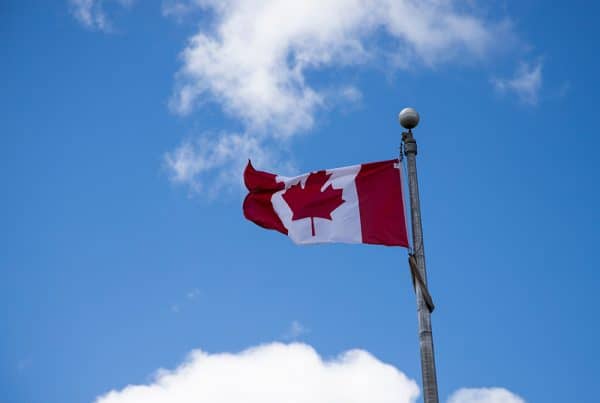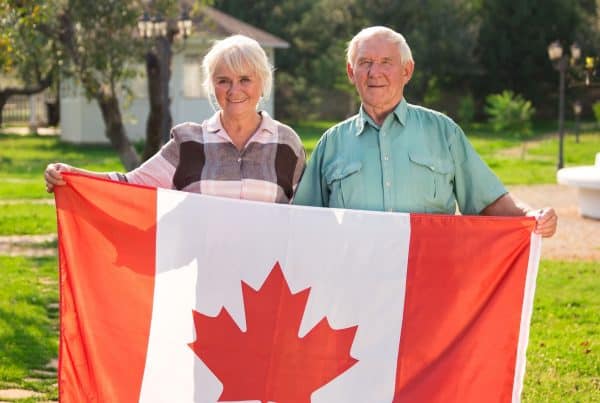The global outbreak of the novel coronavirus (COVID-19) has compelled us all to adjust to a ‘new normal’; into a world where concepts such as ‘social distancing’ and ‘lockdowns’ have become integral. Effective and timely lockdowns have helped Canada slow down the spread of the virus but strict vigilance is still imperative. Currently, it is only possible to invite immediate family members or individuals who are traveling for essential purposes and are coming via the United States or are exempted from travel restrictions, to enter Canada.
What relatives can visit Canada during COVID-19?
The Canadian government has understandably decided to allow only those foreign nationals who are arriving into the country for non-discretionary purposes, apart from an individual’s immediate family members to minimise the exposure of Canadian nationals to the virus which has claimed more than 900,000 lives globally so far. It is important to note that even foreign nationals who have valid visitor visas or electronic travel authorisations are not guaranteed entry into the country if they don’t fulfil the aforementioned criteria.
According to canada.ca, the official website of the government of Canada, the following people are considered as ‘immediate family members’ of a person:
– Spouse
– Common law-partner
– Parent/ Step-parent
– Dependent child of a dependent child
– Tutor or guardian
Requirements during visit
These individuals would be permitted entry into the country only if they intend to stay in the country for more than 15 days, exhibit no symptoms of COVID-19 and provide a comprehensive quarantine plan (for 14 days). The quarantine plan will consist of accurate information regarding a person’s accommodation and transport arrangements during the mandatory 2-week quarantine period.
Moreover, if you’re a Canadian citizen or a permanent resident, it is not mandatory for you to accompany your immediate family members during their travel to Canada, as long as they can furnish authentic documents proving their relation to you along with a satisfactory quarantine plan. Only professionals traveling to provide essential services, for instance, truck drivers traveling in and out of the country to provide essential products, are exempted from the 14-day mandatory quarantine period.
COVID-19 screening for relatives visiting Canada
If you or your immediate family members are hoping for successful immigration to Canada, it is mandatory for you to undergo the screening procedures at the port of entry. Any individual who shows COVID-19 symptoms and is traveling for optional purposes, like tourism, wouldn’t be allowed entry.
If immediate family members exhibit mild symptoms, they must strictly self-isolate for 14 days or risk being denied entry. Even if you furnish a valid medical document to the port officials, which states that you have tested negative for COVID-19, you are still expected to quarantine for a minimum period of 14 days.
Our top immigration lawyers in Toronto believe that apart from being well-versed with the rules and regulations for immigration to Canada, it is important to know about the provincial restrictions in place as different provinces of Canada have put in place specific travel restrictions.
The Government of Canada is still processing permanent residency, student permit, temporary work permit applications, but the pandemic has affected their processing time. However, travel restrictions are applicable for international students and workers too unless they can convince the port officials that they are traveling for non-discretionary purposes.
It is advisable that you invite your relatives to Canada only if they are traveling for non-optional purposes. Refrain from inviting distant relatives for discretionary purposes such as leisure, entertainment, tourism as they may not be allowed to enter Canada (depending on changes in travel advisories).





